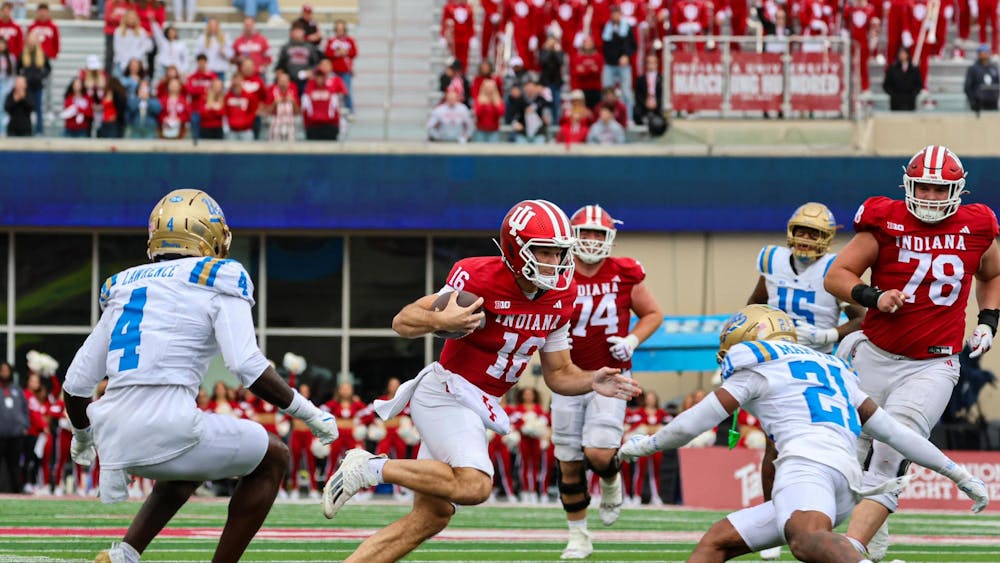I am sick.
But like so many Americans (and as I’ve discovered studying abroad in London, Englishmen too), I share this illness.
It’s a disease that takes time to develop, strikes suddenly and can go away for months before returning.
It can be genetic, inherited from generations past. Or it can develop individually, with no familial influence. It can be shared by your spouse, or it might not spread to those around you.
It’s not swine flu – it’s a love for sports.
My disease is genetic, inherited from my parents who grew up in Ukraine cheering for the Soviet Union and for the local teams.
When we moved to America in 1992, the only familiar sport on TV was basketball. That year, Michael Jordan captured his second consecutive championship with the Chicago Bulls.
We were hooked.
We became avid fans, watching the NBA every time the Bulls played. I remember watching Jordan winning his sixth title and going out for Baskin-Robbins.
After Jordan’s second retirement in 1999, my parents and I were lost. While we had navigated the English language, acclimated to America and adjusted to a new culture, we had basketball.
See, the word for toilet has to be taught, but the pick and roll is international.
In 2000, former Bulls coach Phil Jackson returned to the NBA as coach for the Los Angeles Lakers.
Jackson reminded us of those years spent watching the Bulls, so we became Lakers fans.
After eight years in America, we had found a team.
We became obsessed, crazy and rabid fans. I saw my first Lakers game in 2000, an exhibition match against the Wizards at the Pyramid Arena in Memphis.
We finally had cable so we could watch more games. “SportsCenter” replaced “The Today Show” as our morning ritual. ESPN anchors delivered our most important news.
The first things my parents do when they go to work? Read the LA Times for articles about the Lakers.
Lakers memorabilia became automatic presents. I got a Lakers sweatshirt for my 12th birthday. For Hanukkah, a Luke Walton T-shirt. For my 18th birthday, a set of tickets.
My dad has a Lakers flask. My mom owns a Lakers jewelry box. My 10th grade English teacher once gave me her husband’s vintage Kareem Abdul-Jabbar trading cards.
When I went away to college, I took my Lakers blanket. My friend Devin, who goes to the University of Southern California, gave me a Lakers Santa hat that hangs in my room. My best friend Julie, who attends Boston University, gave me a Lakers-Celtics Finals T-shirt that I wear bitterly.
Being an only child, my parents miss me at school. And while they ask about grades, work and boys, our main topic is our team.
While my parents can watch every game at home, I seldom have time for two and a half hours of basketball.
But I always stay connected, checking scores, stats and standings and reading the same articles my parents do. When they call, we talk about the season.
Last year, my parents and I watched the playoffs together as we’ve done for 16 years. But this year will be my first without them as the Lakers compete for a possible 15th championship.
I can handle not being home for the summer, but not being able to see my team’s most important games is, as the Brits here say, driving me batty.
I’m used to not seeing my parents for months at a time, but our game rituals are something I can’t replicate on my own.
And while I can wake up at 6 a.m. to read the Lakers demolished Houston in a game 5 win, I can’t scream at Steve Javie alongside my dad.
But I know my love for the Lakers won’t subside despite the time difference or the extended absence.
And unlike the recent N1H1 outbreak, I know this disease will never go away.
This illness can't be cured
Get stories like this in your inbox
Subscribe





